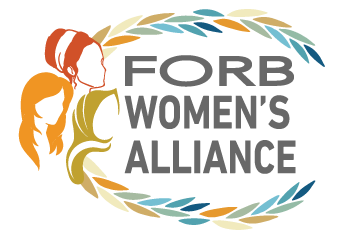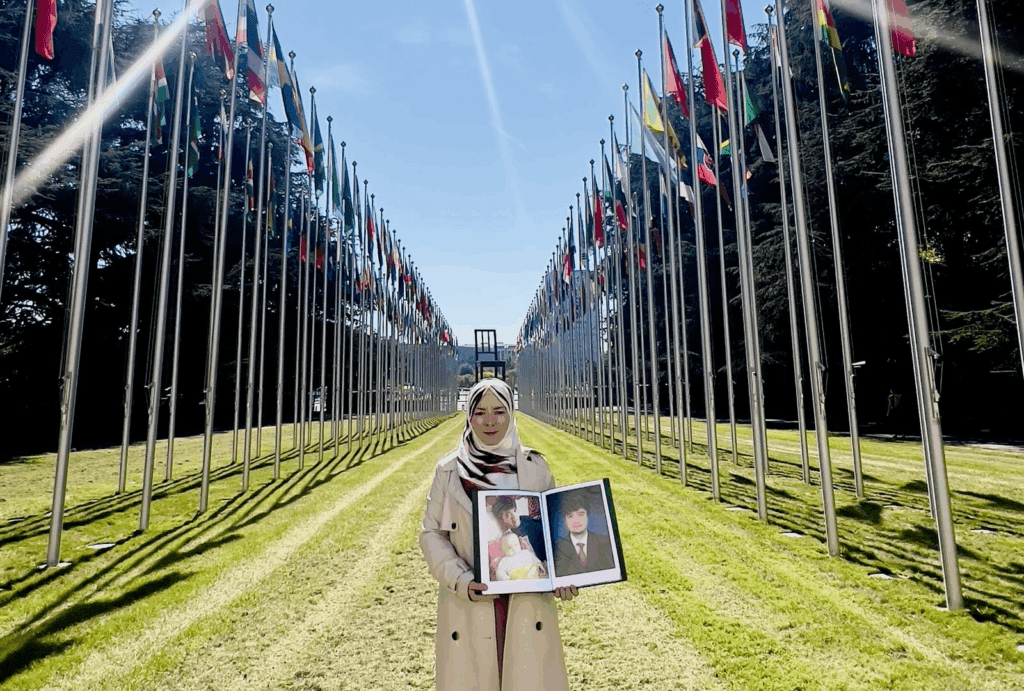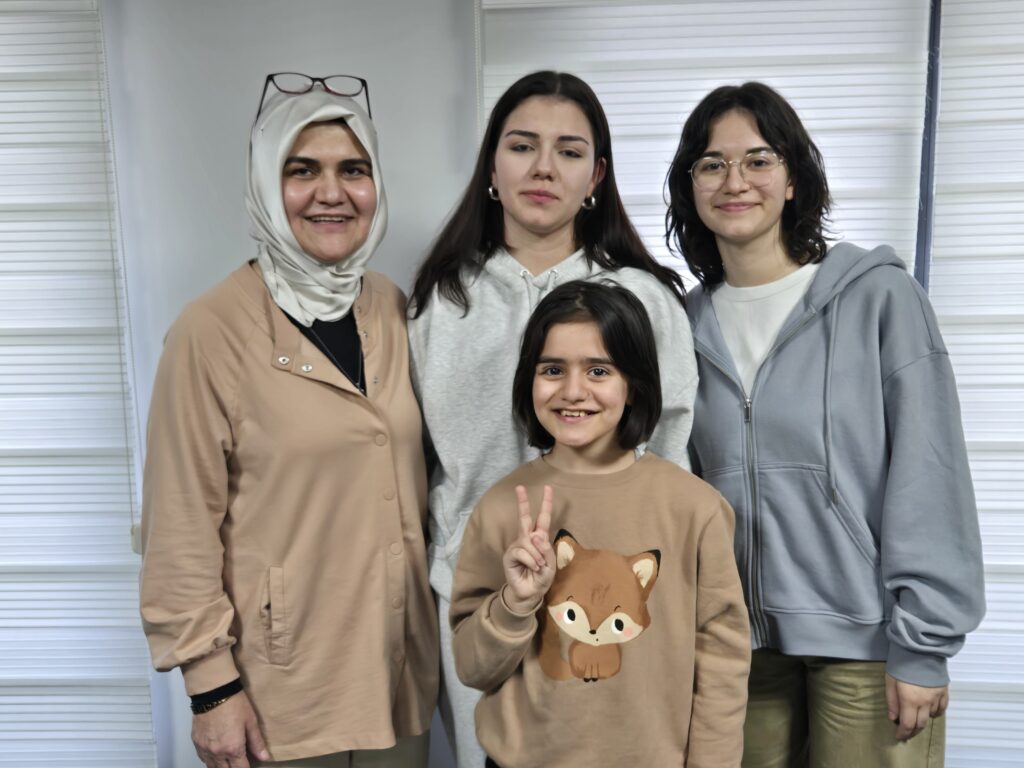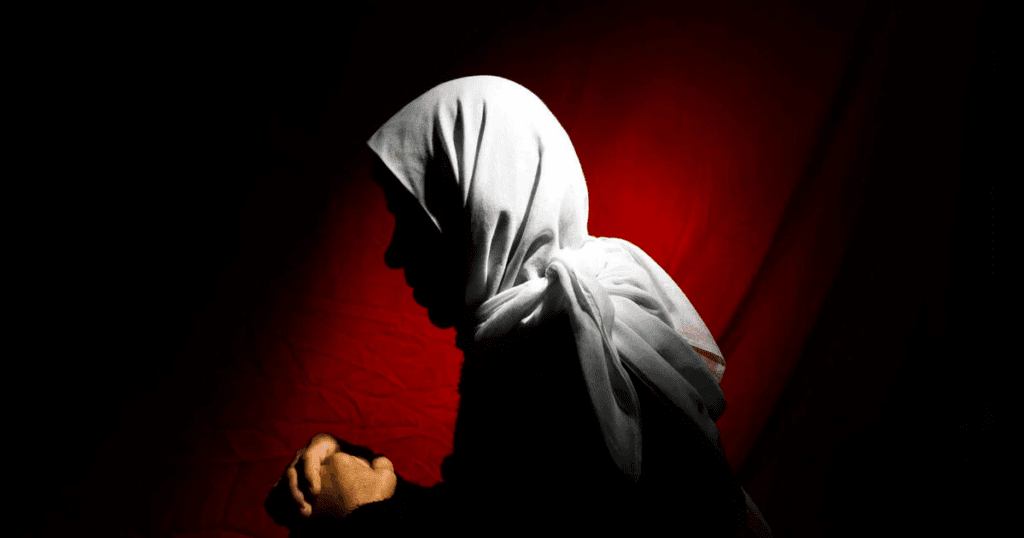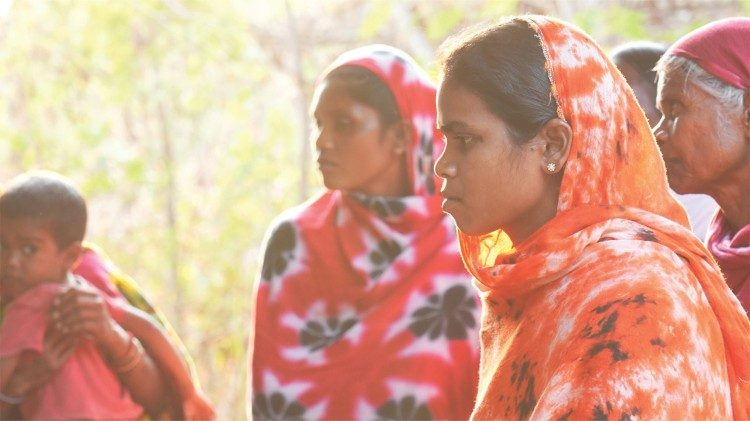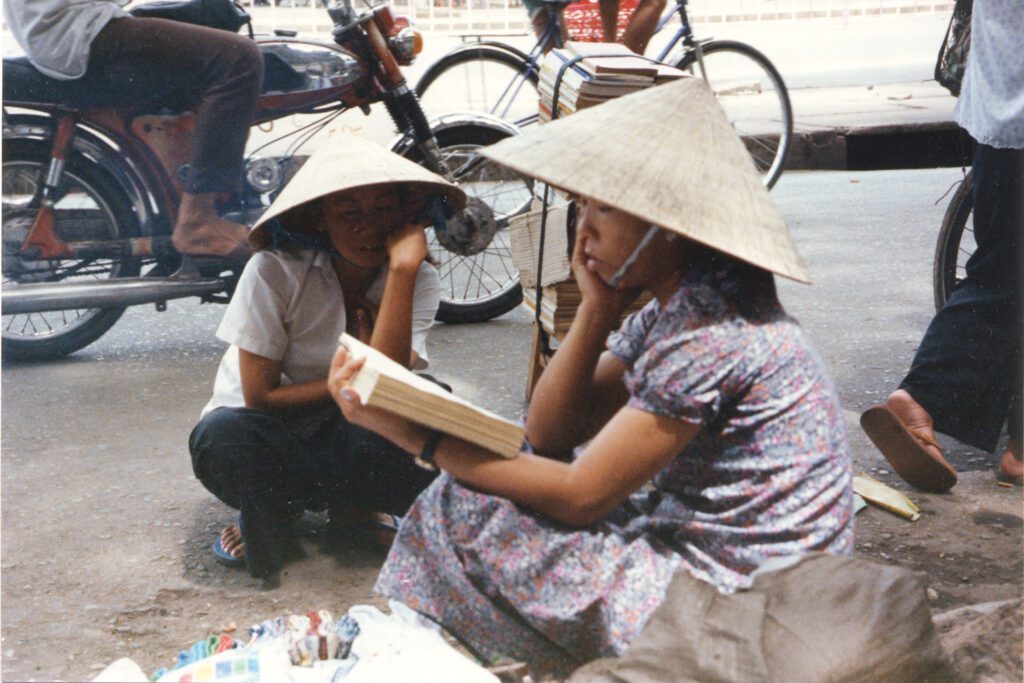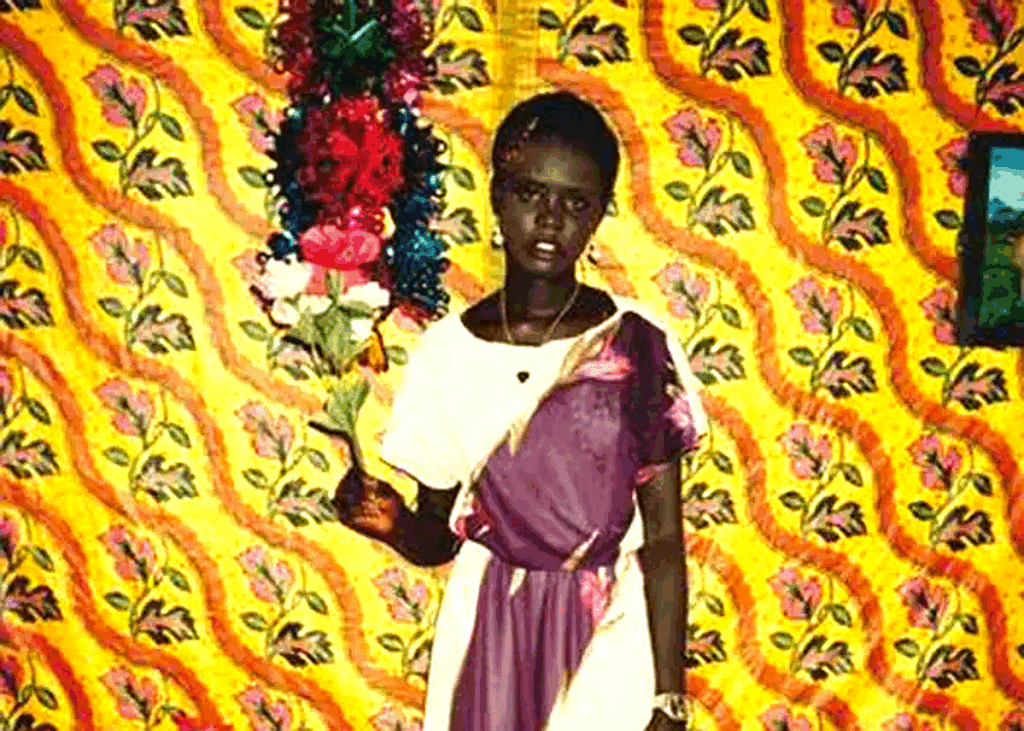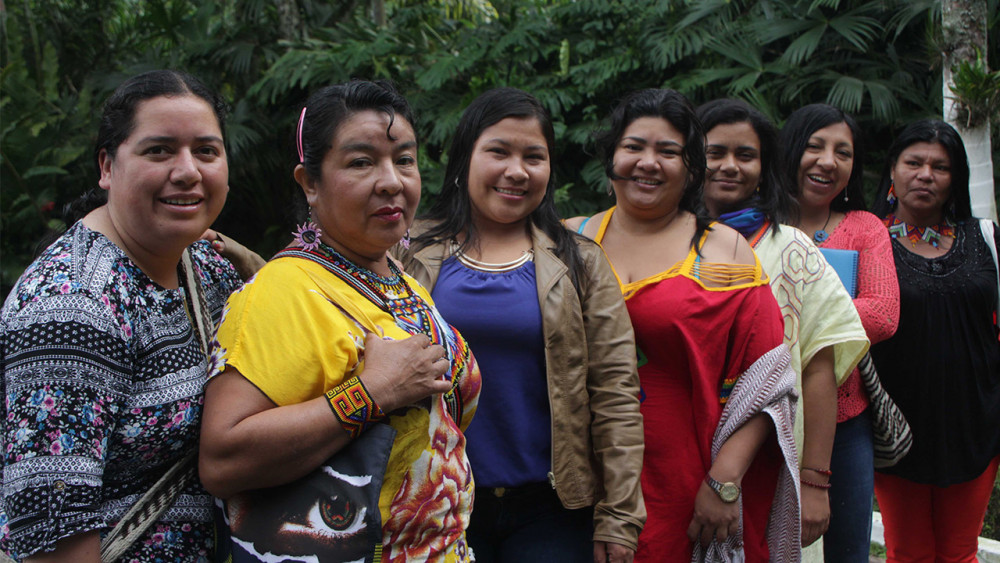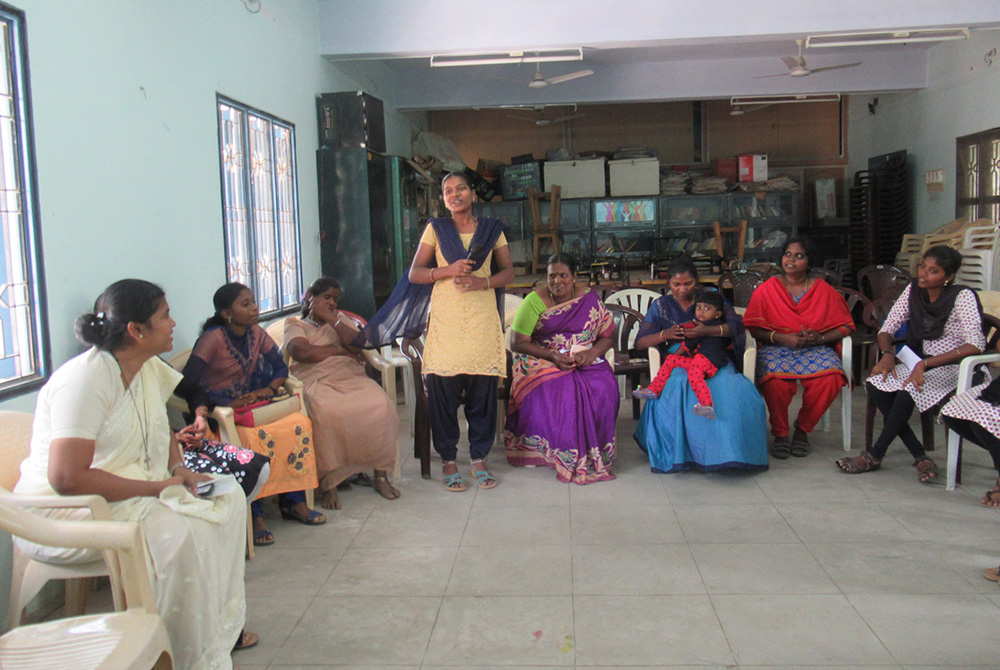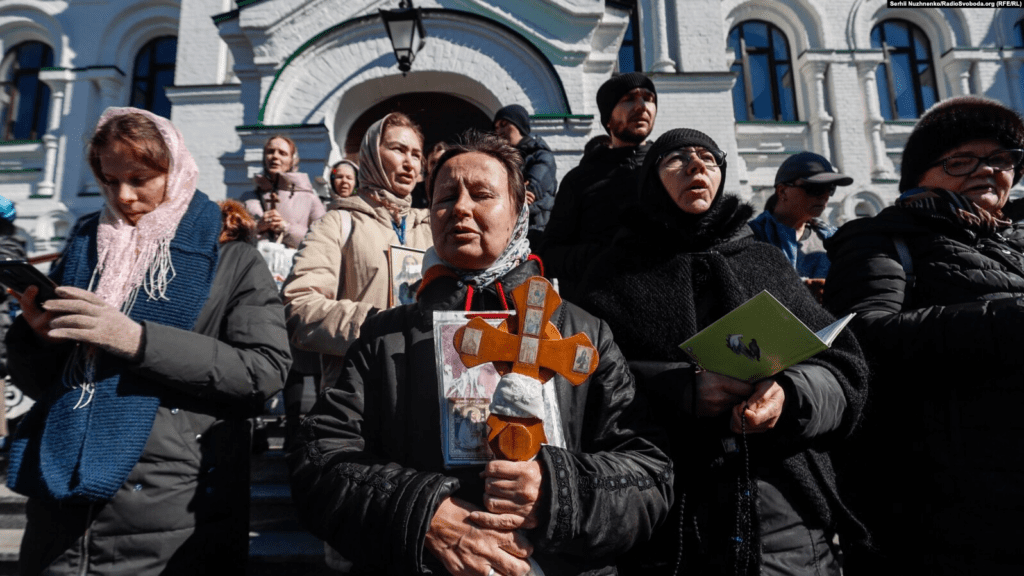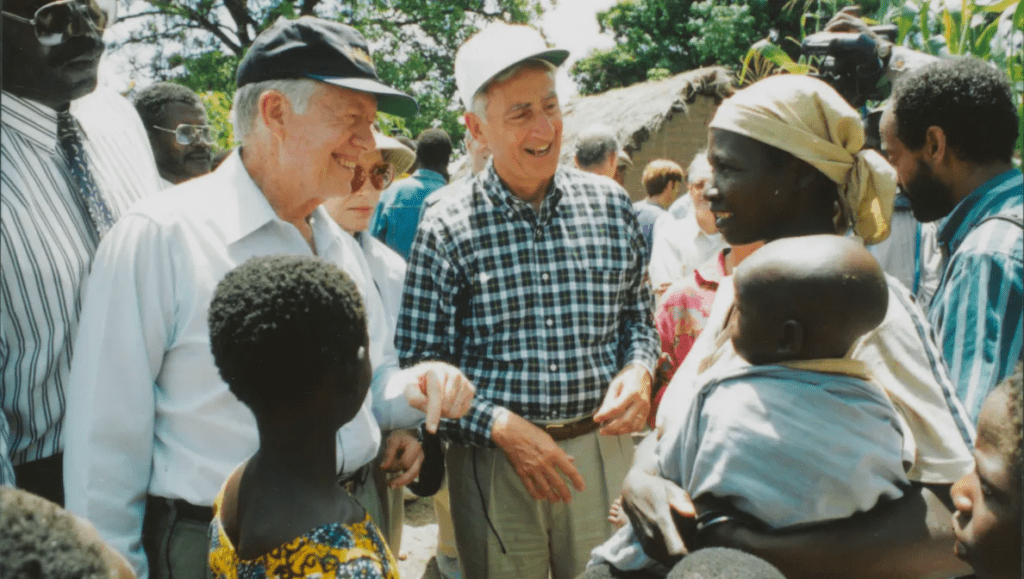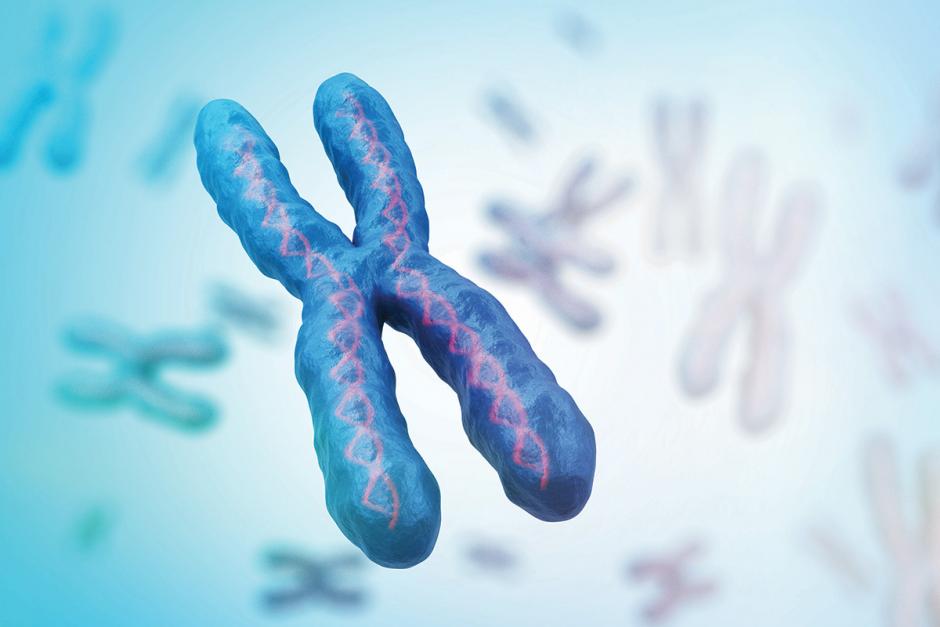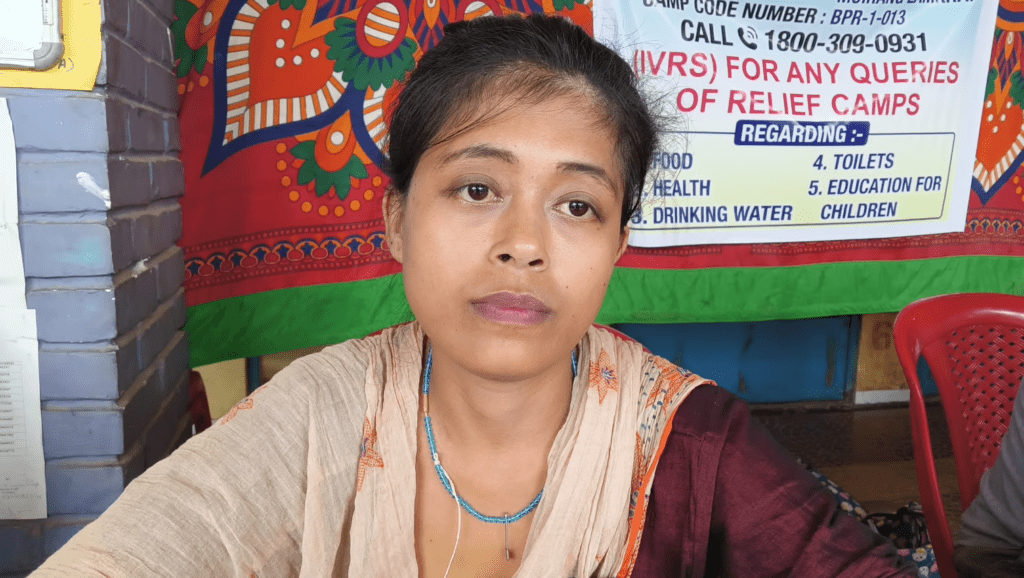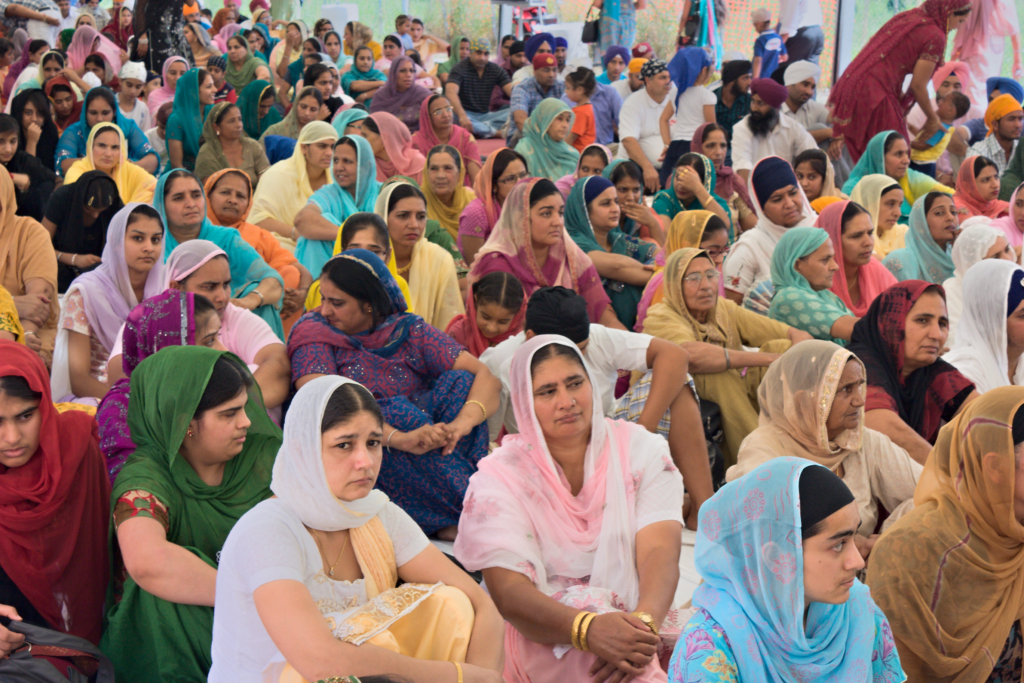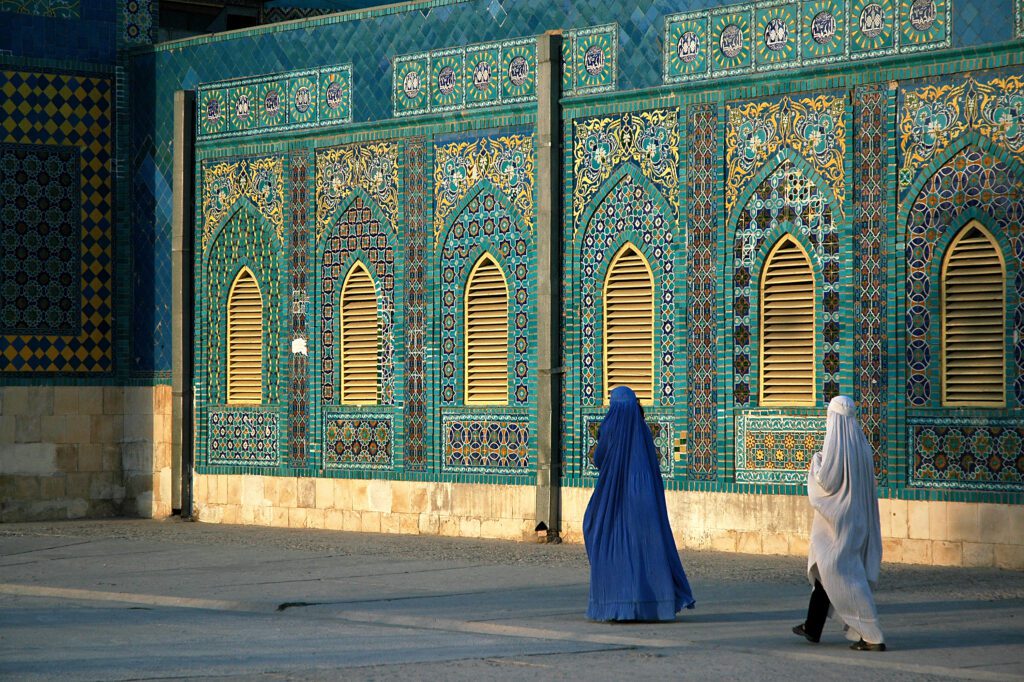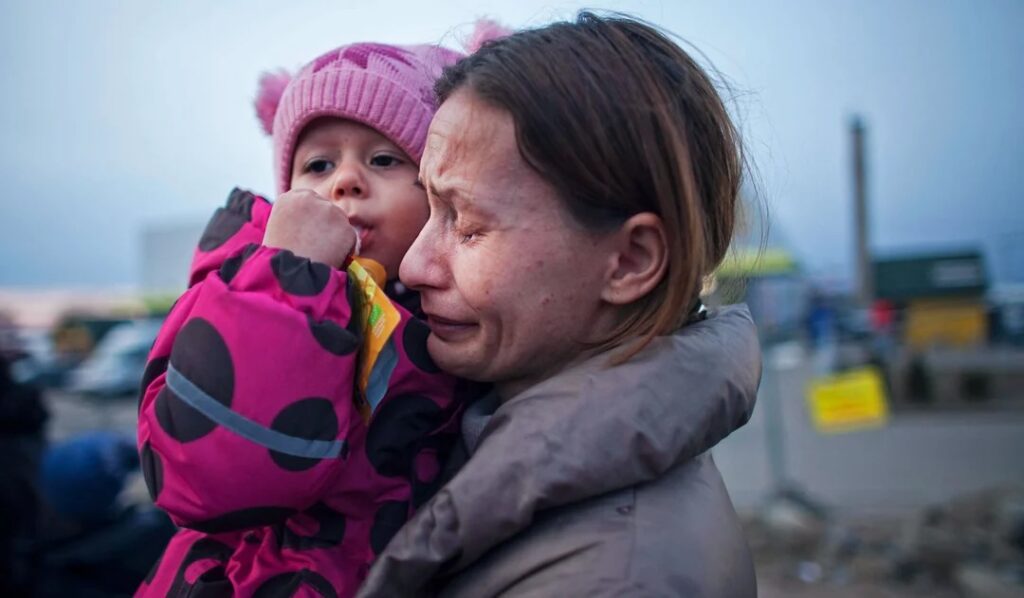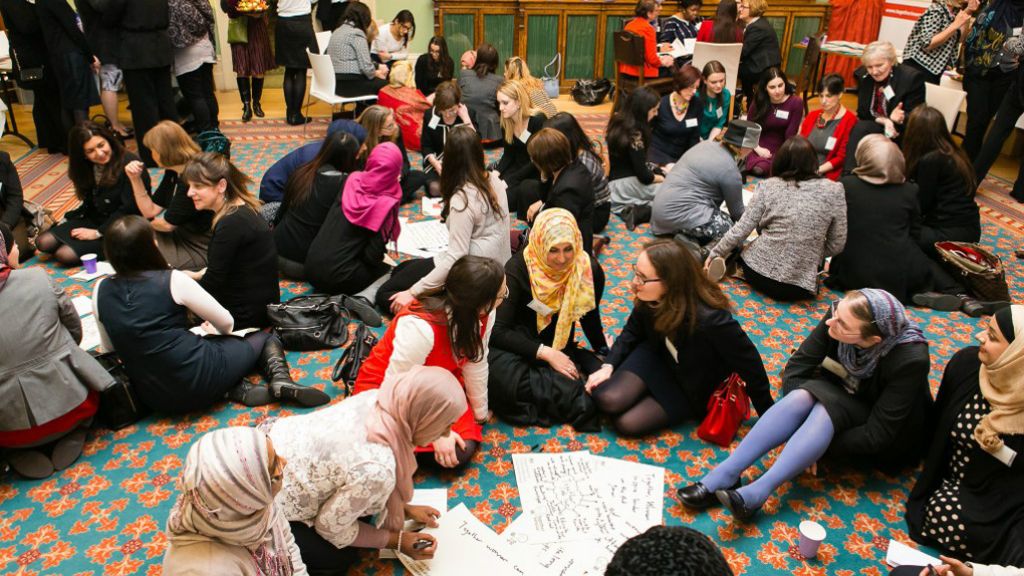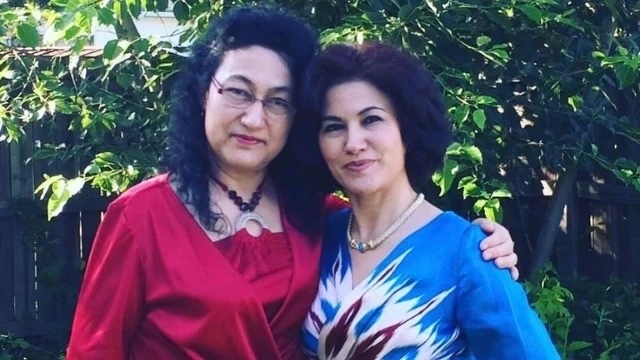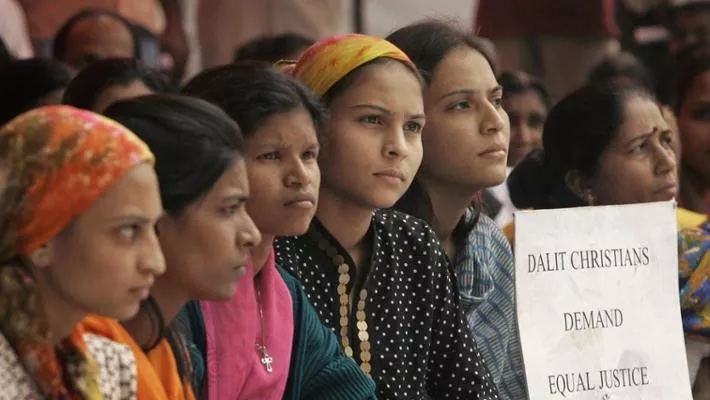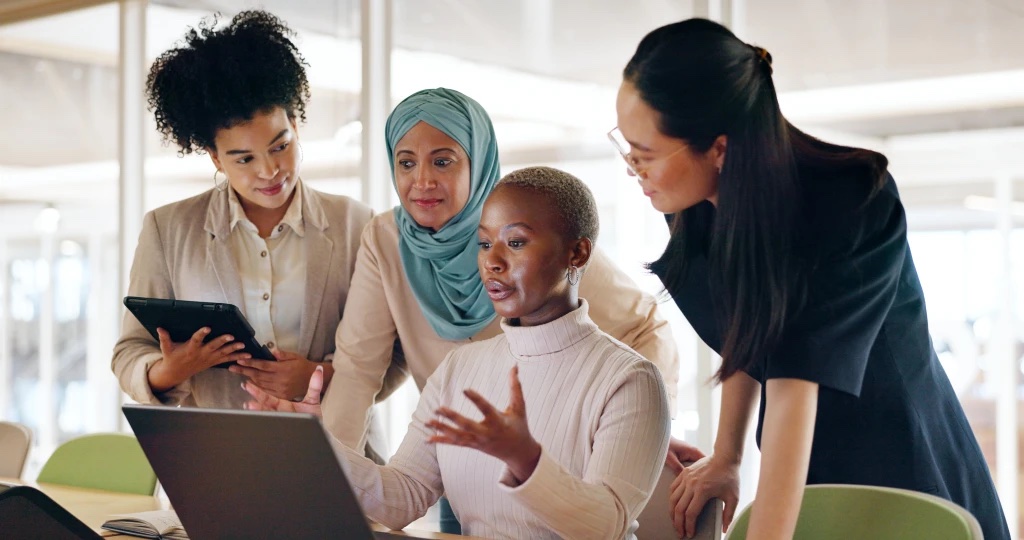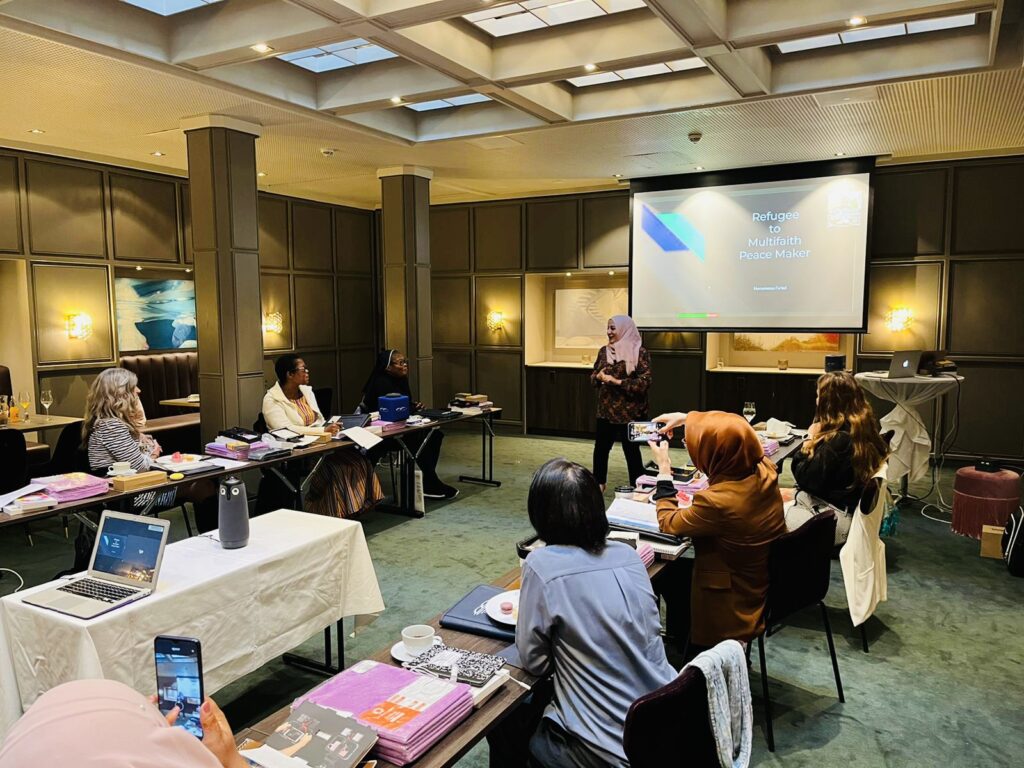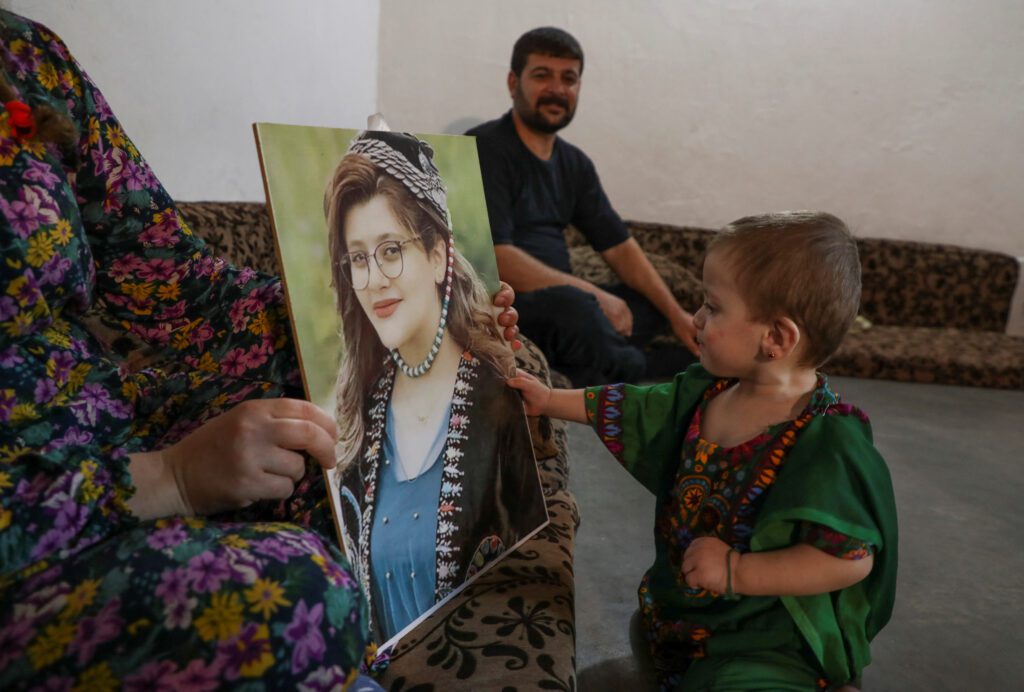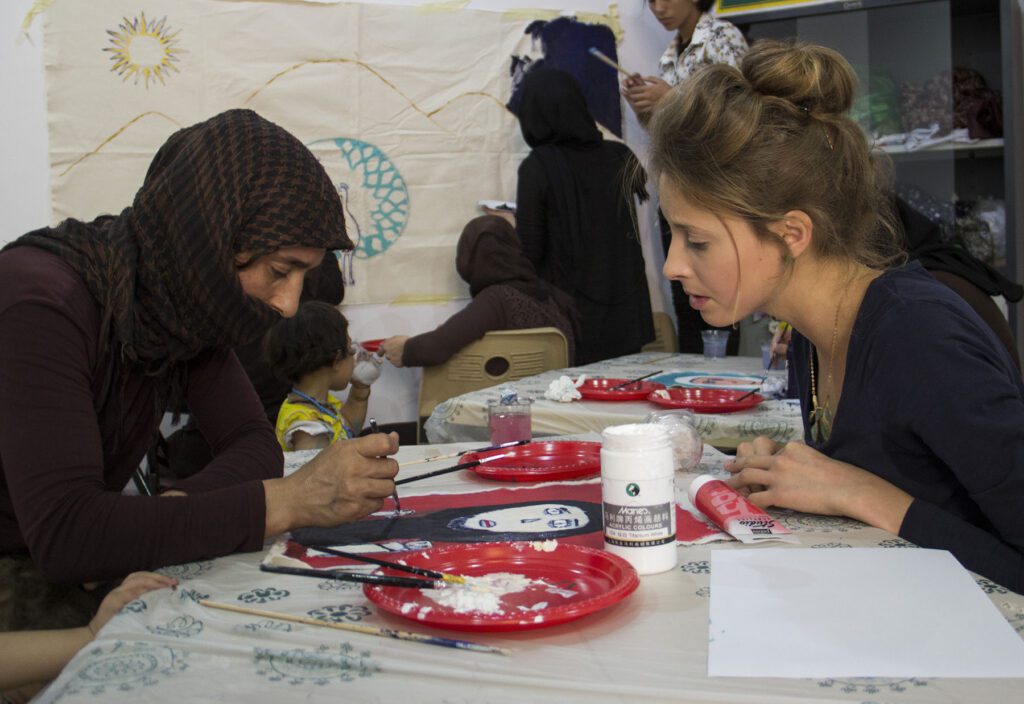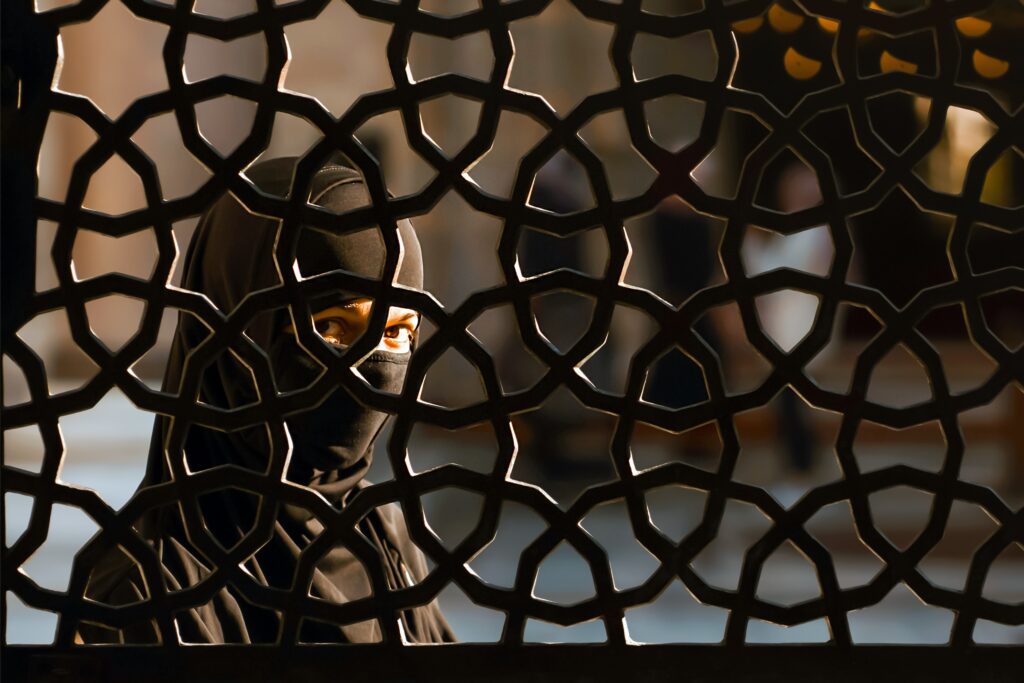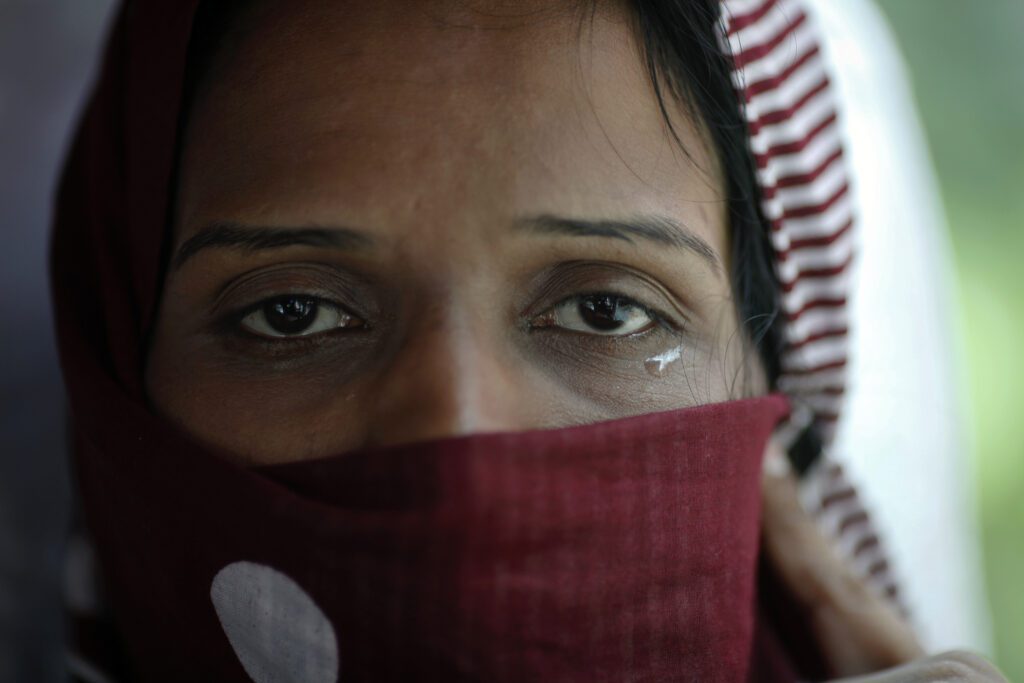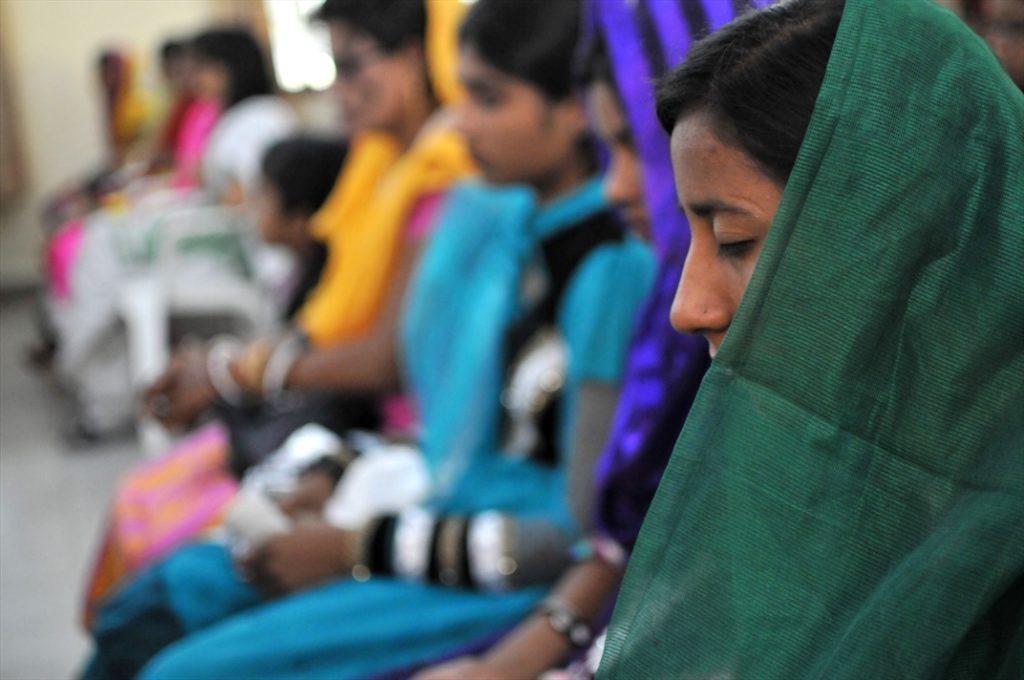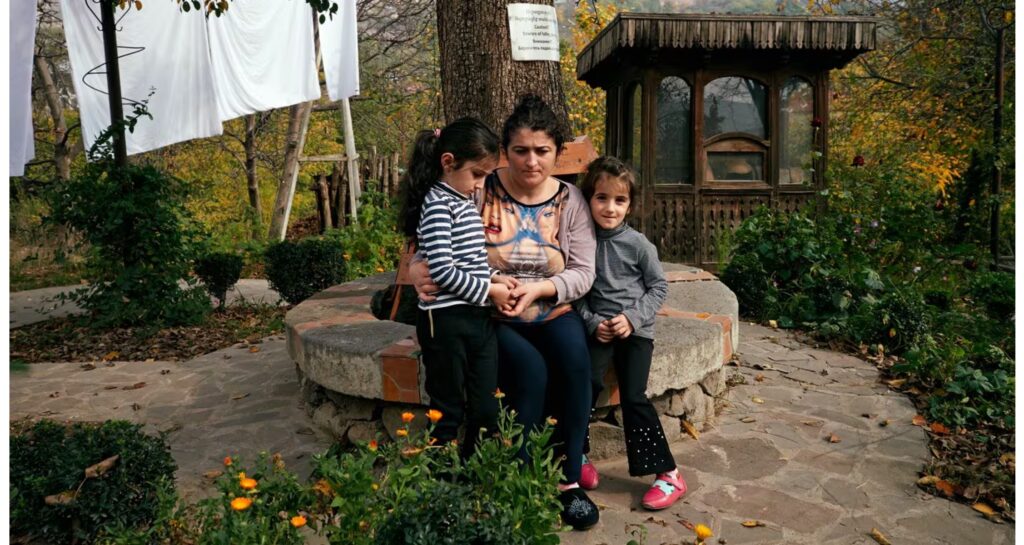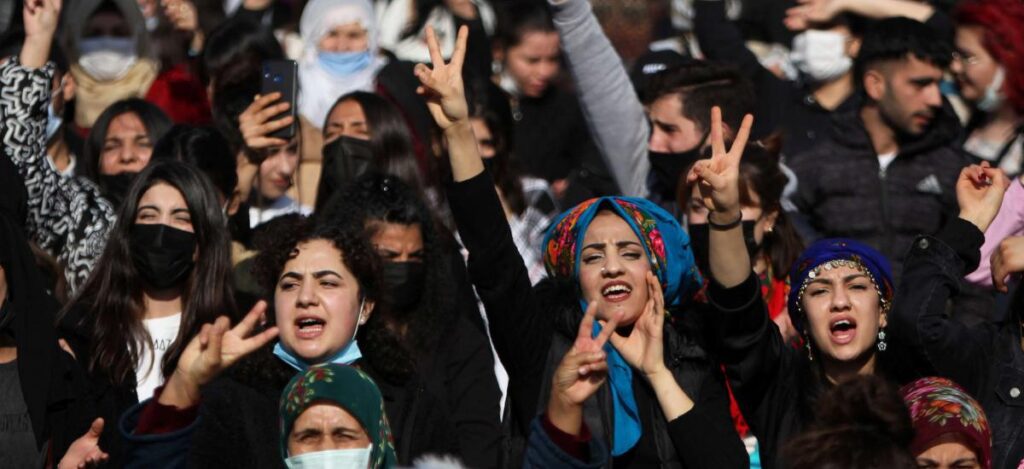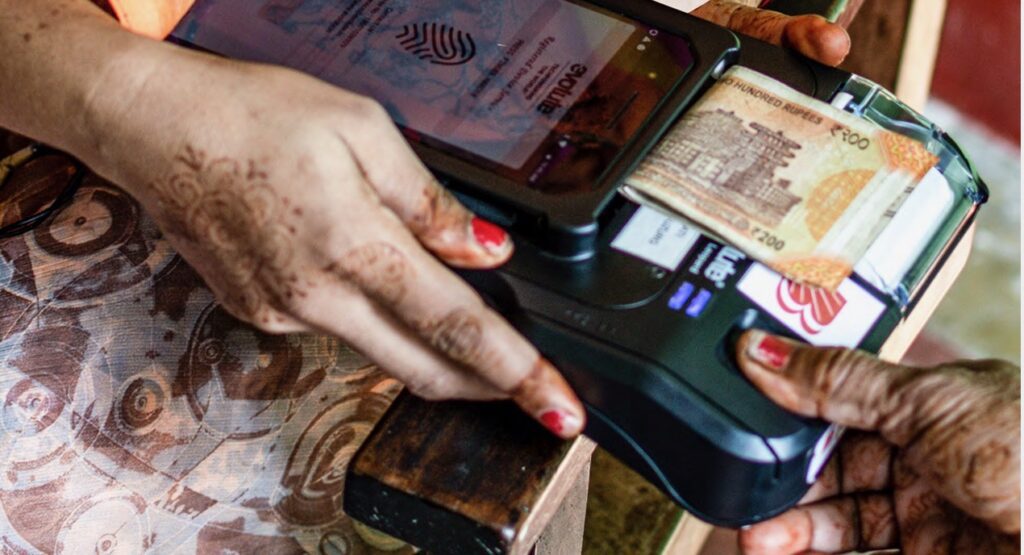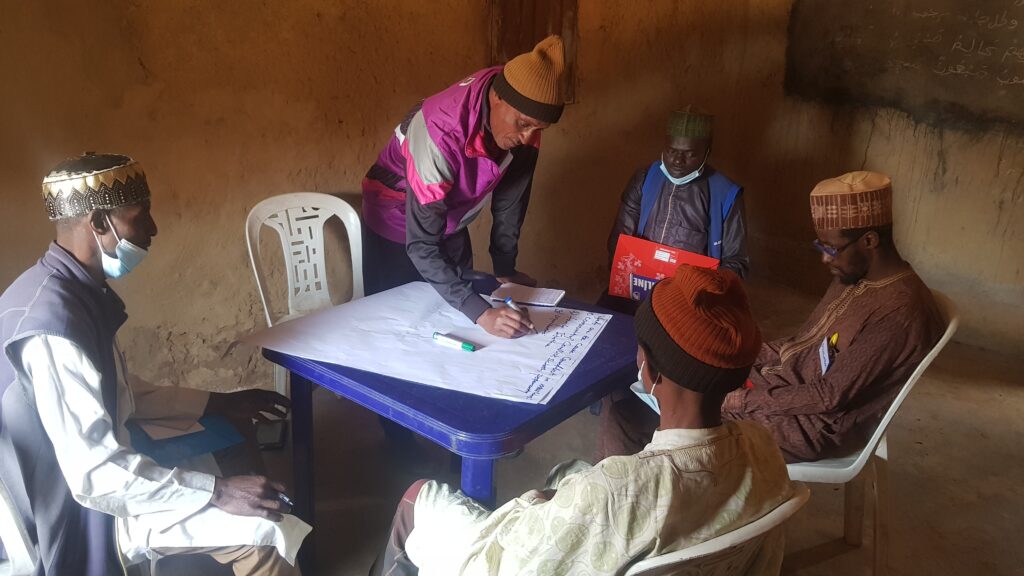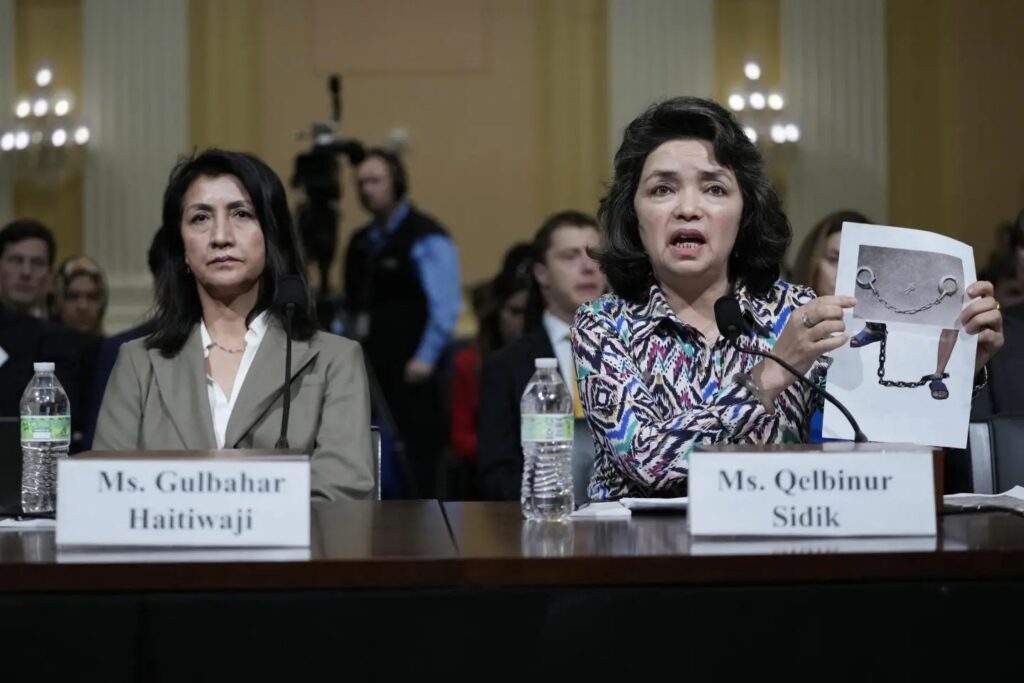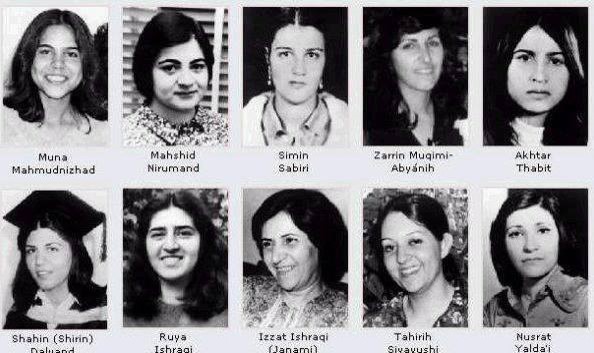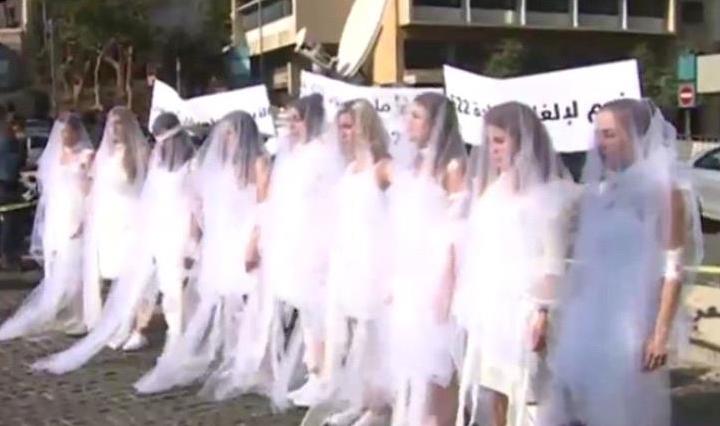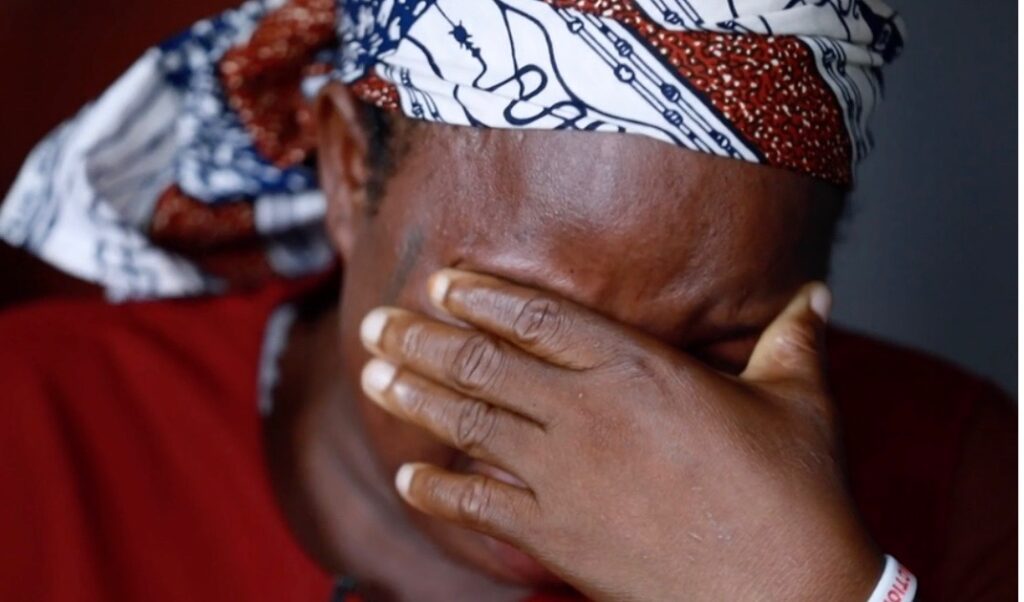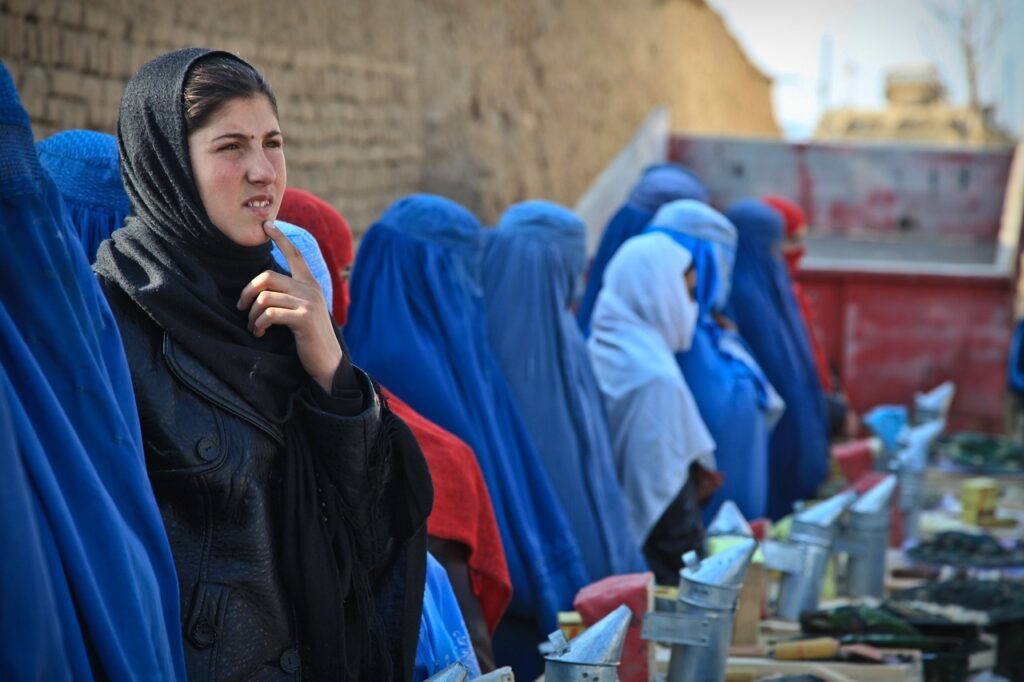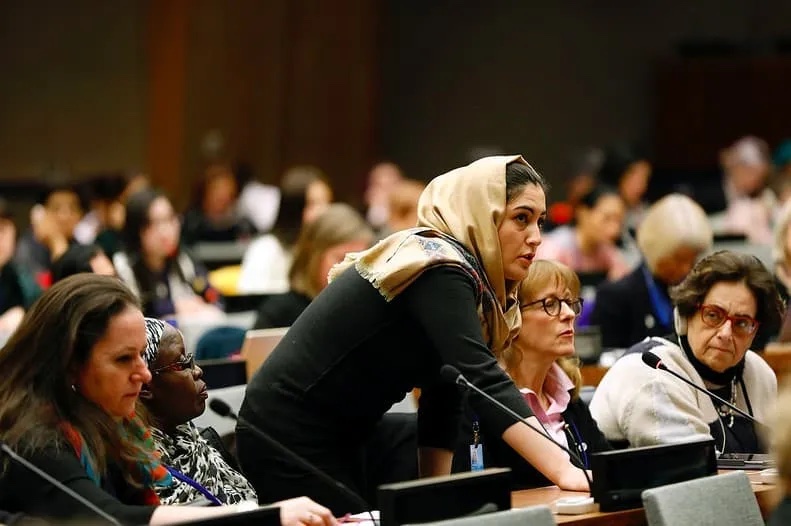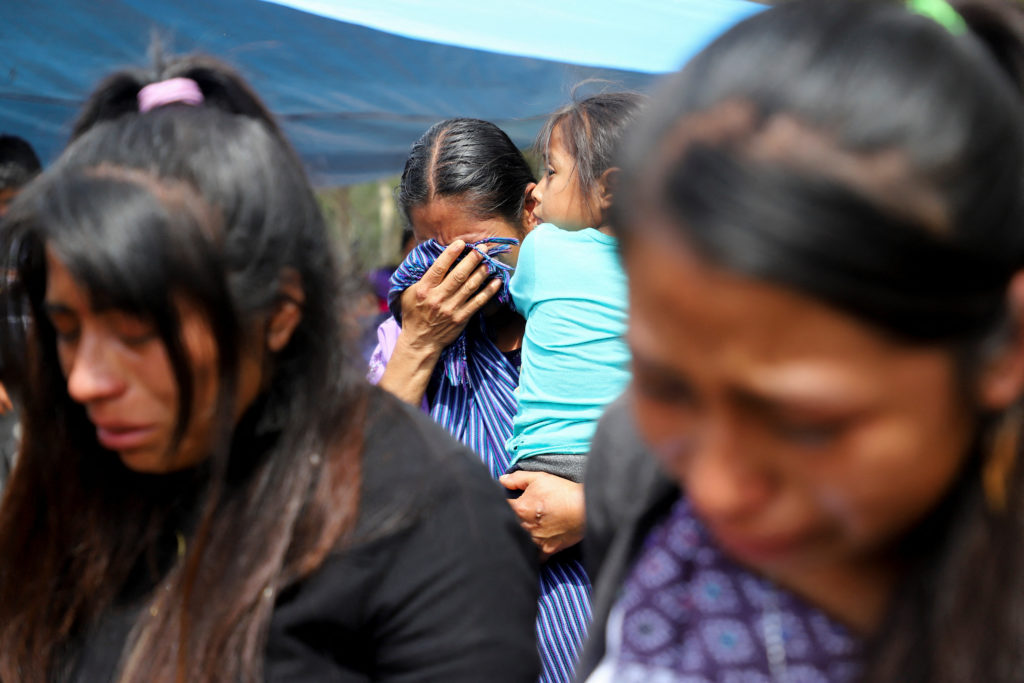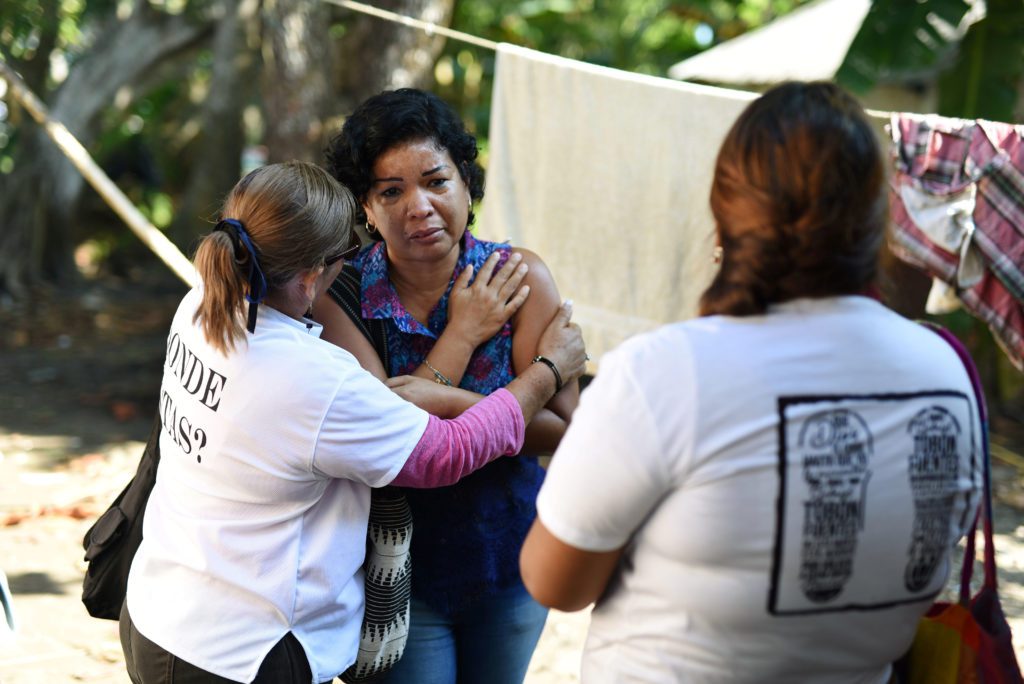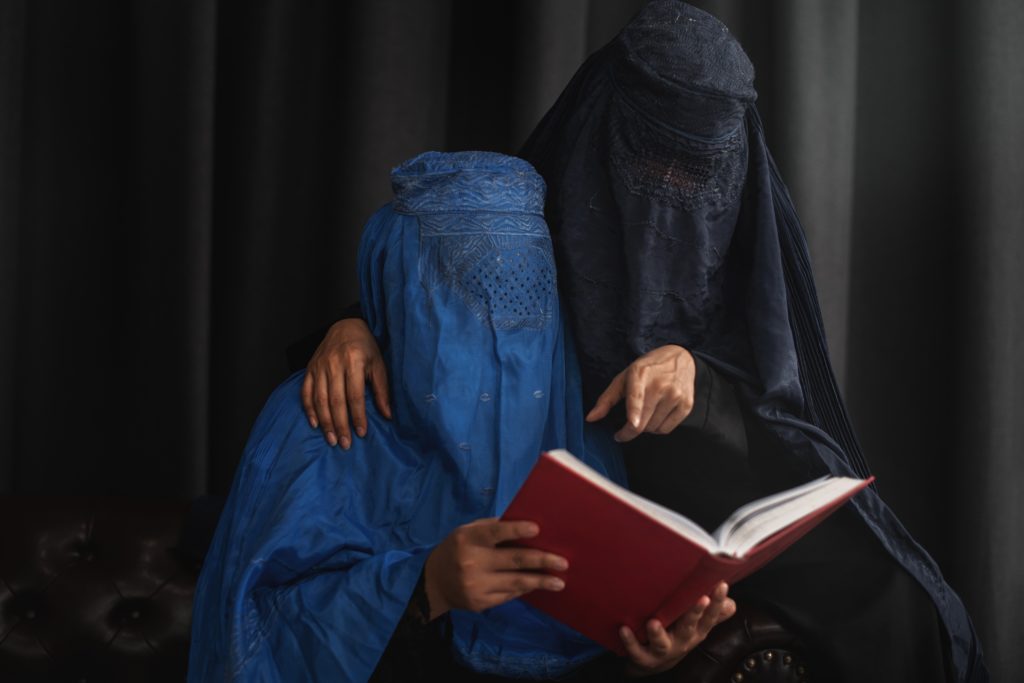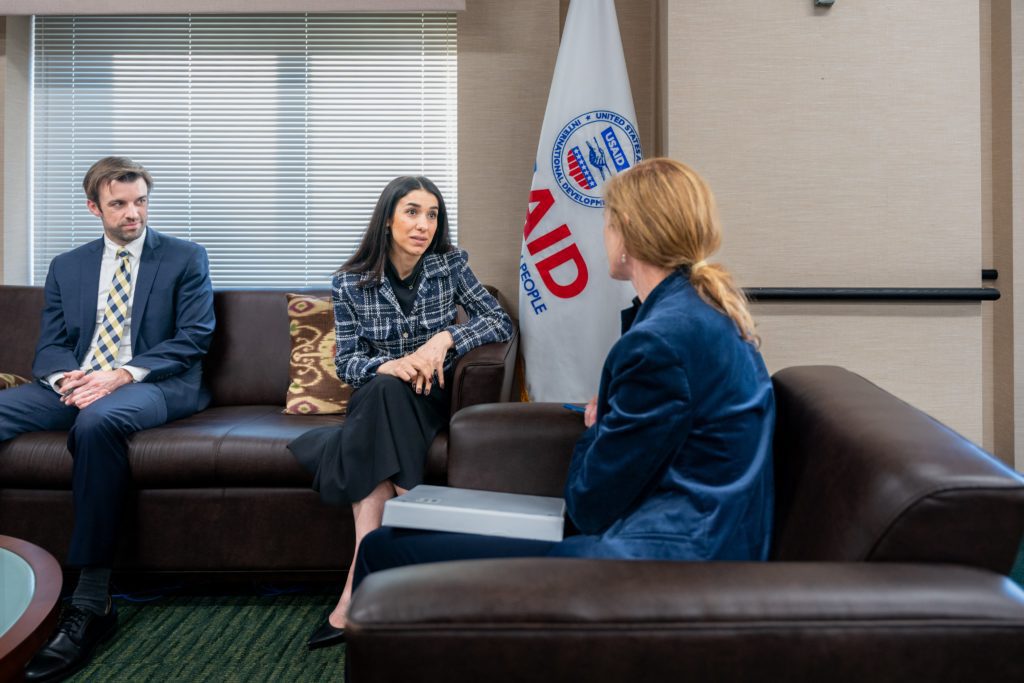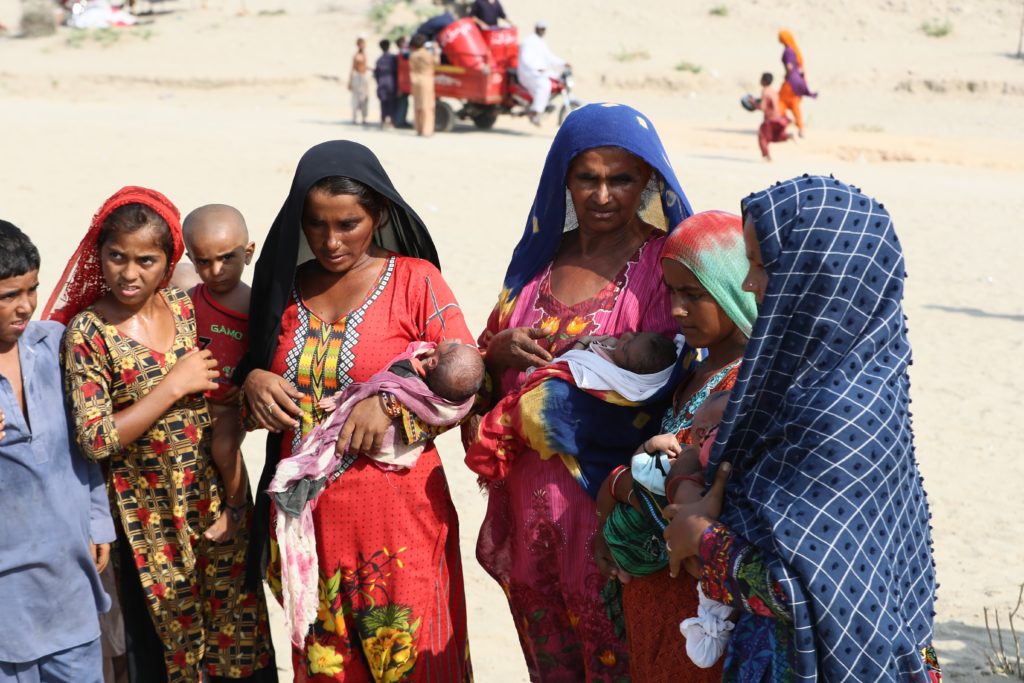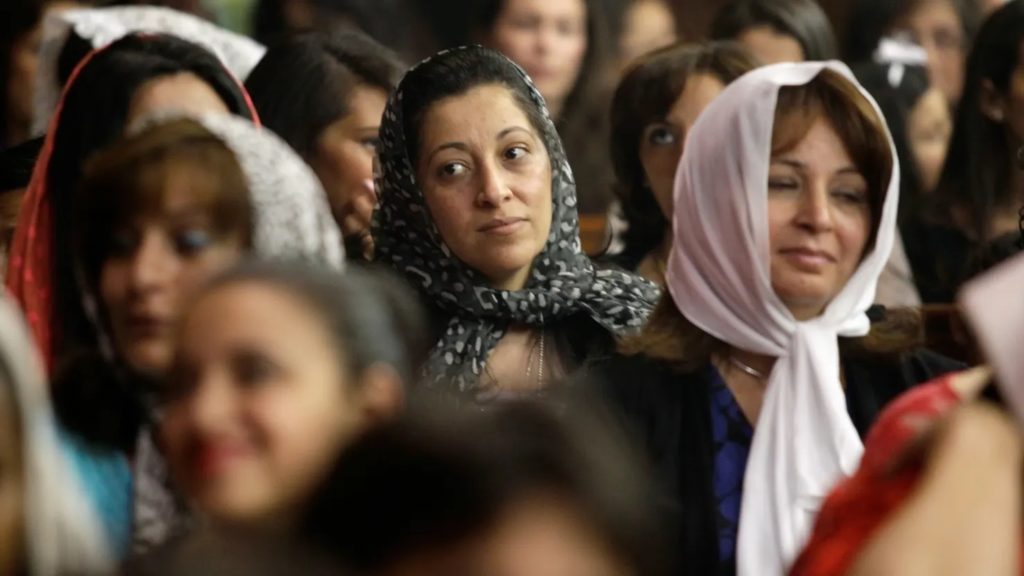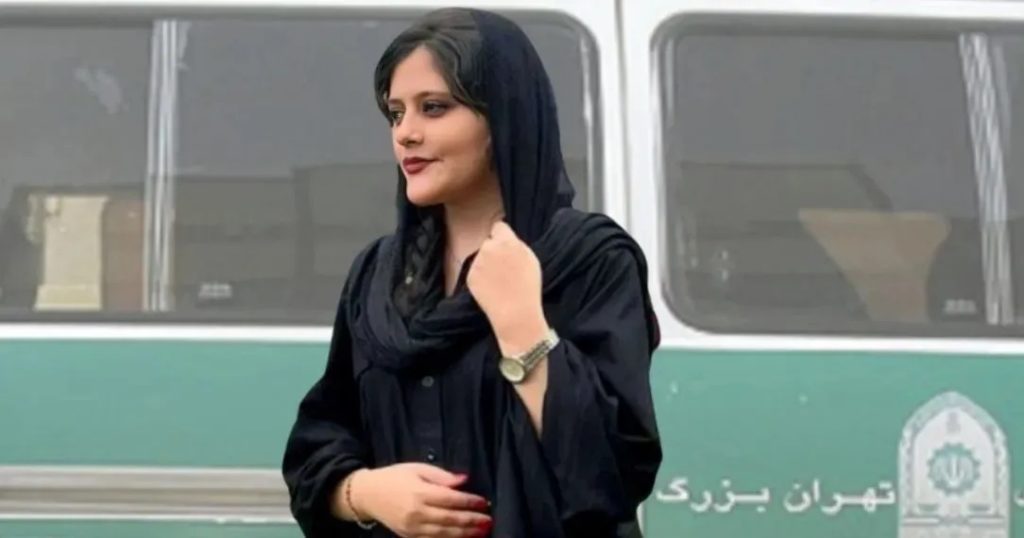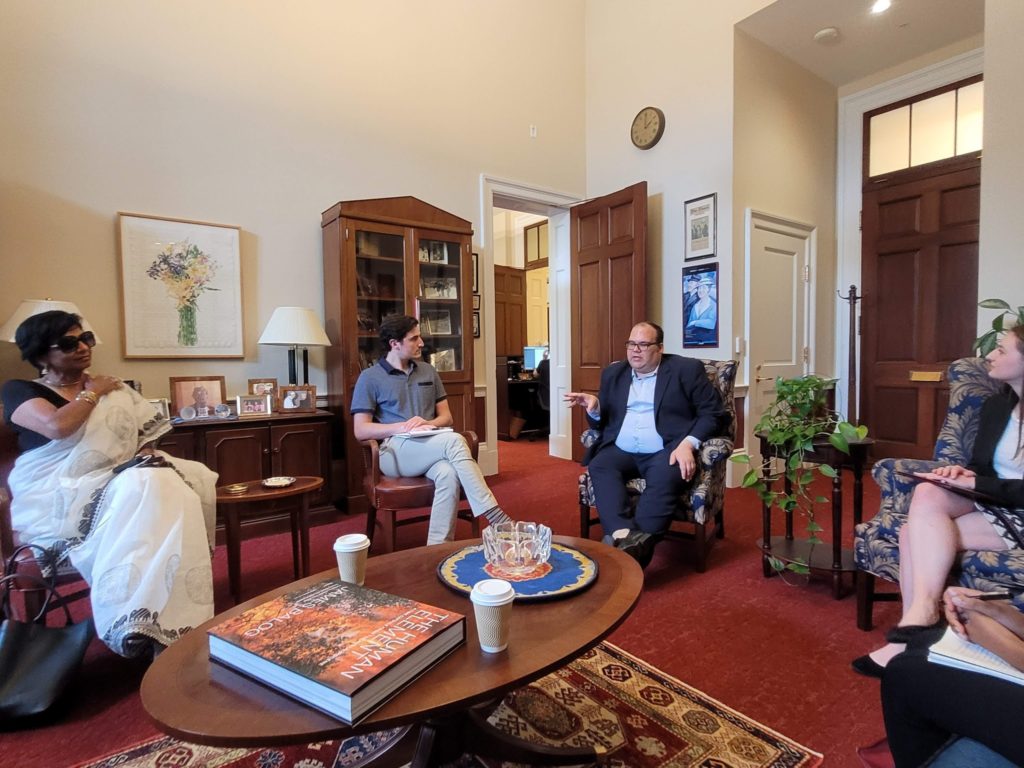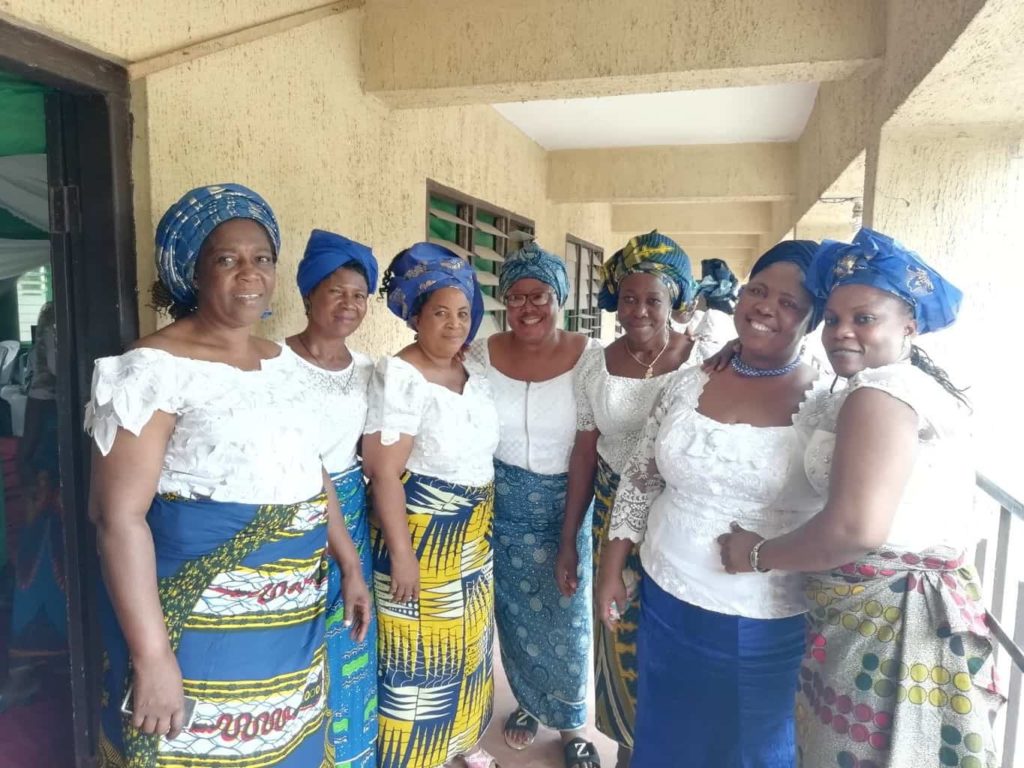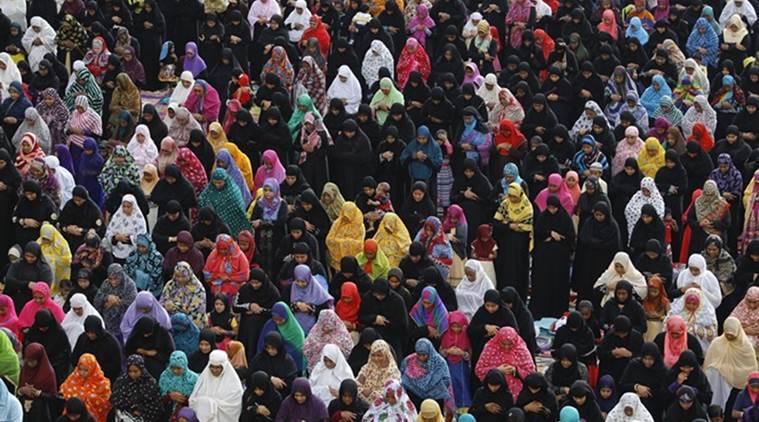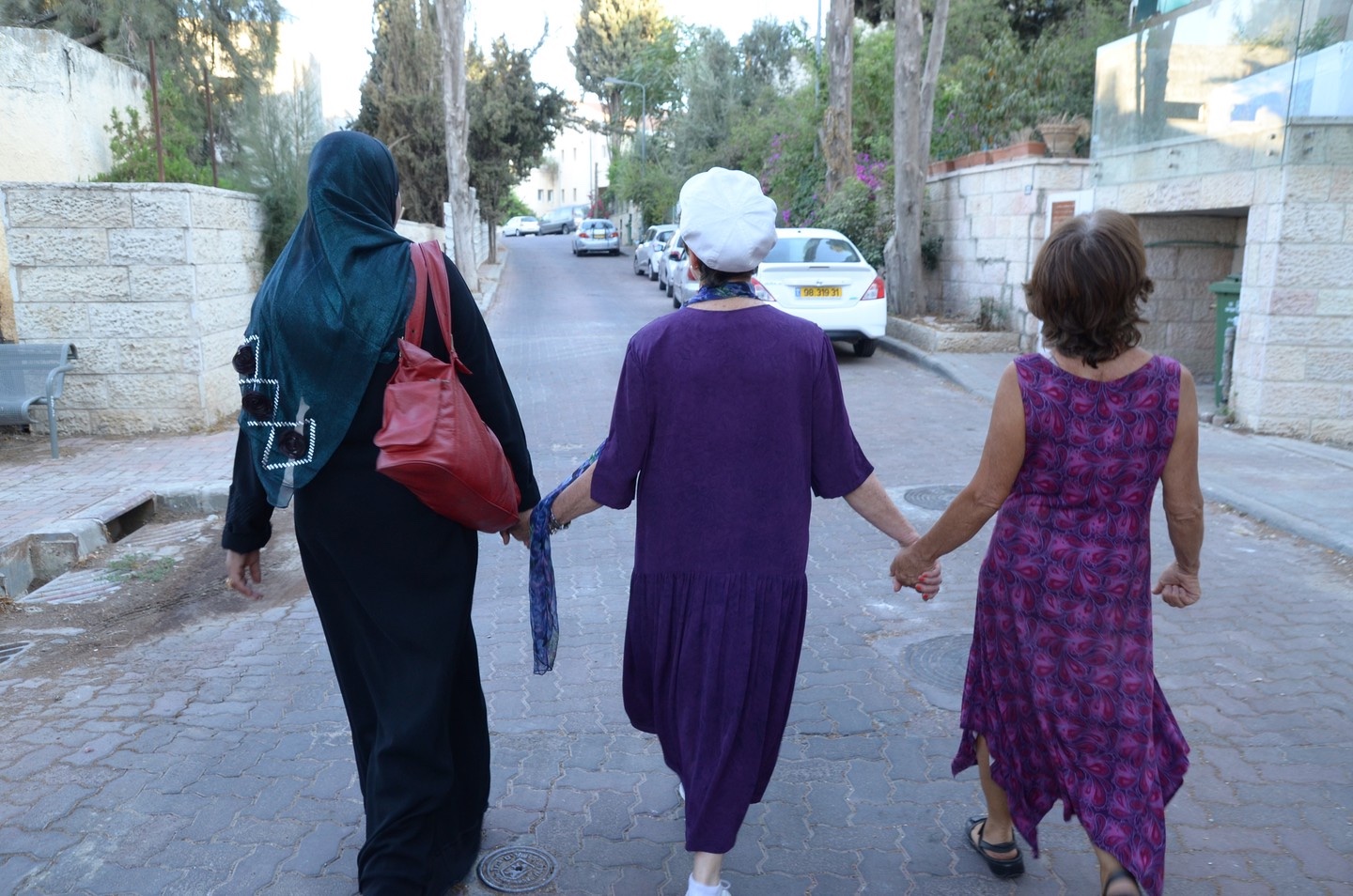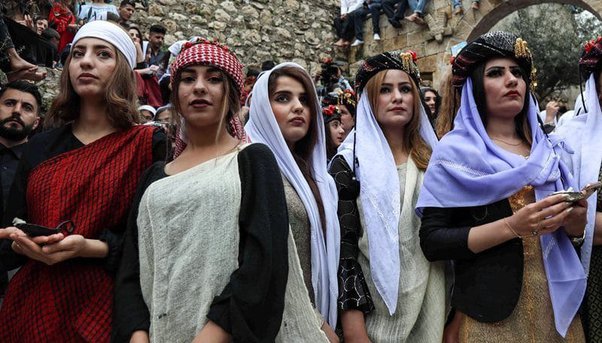Across continents, Uyghur women are carrying the weight of survival, advocacy, and hope in the face of the Chinese government’s campaign of persecution and repression. They are scholars, organizers, mothers, and leaders who have turned personal loss and exile into collective strength. Two such voices—Rizwangul NurMuhammad and Dr. Dilnur Reyhan—offer a window into how Uyghur women are reshaping conversations on freedom of religion or belief, gender, and justice.
Rizwangul NurMuhammad: Advocacy Rooted in Faith and Community
For Rizwangul, advocacy began with family. In 2017, her brother was arbitrarily detained as part of China’s mass campaign against Uyghurs. By 2019, she was speaking out publicly—first on his behalf, and soon for the wider Uyghur community.
Her journey since has taken her from the halls of the UN to grassroots programs for Uyghur women in Türkiye and New Zealand. She now leads the Empower Communities Charitable Trust (ECCT), implementing programs that support integration, employment, and cultural preservation. She even has partnered with the Fairfax County Health Department to organize free health checks for the Uyghur community in Virginia.
“Each encounter with the Uyghur diaspora, especially women, reinforced the urgency of addressing both the emotional toll and systemic barriers they face. Today, my work spans multiple countries and focuses on both advocacy and community development.” she shares.
Along the way, she has found strength in rediscovering her faith.
“Islam has taught me to view difficulties as challenges, to remain hopeful, and to persist in seeking solutions.”
She points out that Uyghur women face a “dual burden”—persecuted for being both Muslim and f women. This persecution has meant arbitrary detention, sexual violence, forced sterilization, family separation, and punishments for religious expression as simple as wearing modest clothing or fasting during Ramadan.
Her solutions are practical: more scholarships for Uyghur women in diaspora, culturally sensitive training for service providers, and safe spaces for healing through art and community. Through her initiatives, she also has helped women in Türkiye start small businesses and access health services.
“Know your rights and thrive,” she tells young Uyghur girls around the world.
Dr. Dilnur Reyhan: Feminism, Accountability, and the Struggle for Visibility
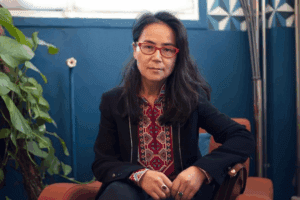 In Paris, Dr. Dilnur Reyhan directs the European Uyghur Institute. A scholar and activist, she has become one of the most progressive voices in the diaspora—championing feminism, secularism, and youth leadership.
In Paris, Dr. Dilnur Reyhan directs the European Uyghur Institute. A scholar and activist, she has become one of the most progressive voices in the diaspora—championing feminism, secularism, and youth leadership.
Arriving in France more than two decades ago as part of the first generation of Uyghur students allowed to study abroad, she built a career that blends academia and activism. From organizing Uyghur Studies conferences to publishing journals, she has insisted on reframing Uyghur identity as complex and diverse—not reduced to religious identity alone.
“I asked the French public to stop calling us ‘Uyghur Muslims.’ or even worse ‘Chinese Muslims’, erasing our ethno-national identity. It’s not correct. Our society is diverse—the majority are Muslims, but we also have Christians, and many non-believers. Reducing us to religion erases that reality.”
She emphasizes that women are both the primary targets and primary sustainers of movements.
“Since 2017 it is women who carry the whole responsibility in the diaspora. In France, in the UK, in the US—everywhere, women lead. The Uyghur cause is really carried by women.” and ““This is a gender genocide. Women are the first target—through sterilization, forced marriages, and violence. And yet women are also the ones leading the resistance.”
Her work also emphasizes integrity inside the Uyghur movement itself. Dilnur has spoken openly about the importance of addressing issues such as harassment and discrimination within the diaspora.
“Before asking the world to stand with us, we must be fair within our own community—fair to women, to queer people, to those most vulnerable.”
“How can we ask the world to stand with Uyghur women if we close our eyes to sexual harassment and violence in our own diaspora? Justice has to begin at home.”
For her, women are, not only the primary victims of genocide, but also the backbone of diaspora survival. From camp survivors bravely sharing their testimonies to volunteer teachers keeping Uyghur language schools alive, women sustain the movement in countless ways. Yet their contributions often remain undervalued within male-dominated NGO structures.
She sees hope in the younger generation, who are embracing feminism, decolonial thinking, and intersectional solidarity.
“I work with Iranian, Afghan, Ukrainian, and Russian women’s groups. Together we are building a coalition against what Afghan and Iranian women call ‘gender apartheid.’ Our struggles are connected.” she says.
Shared Threads: Gender, Faith, and Freedom
Together, Rizwangul and Dilnur highlight different but complementary dimensions of Uyghur women’s experience. Rizwangul’s story shows how faith and community sustain survival and empowerment. Dilnur’s work underscores the importance of feminist, secular, and accountable movements to ensure inclusivity and credibility.
What unites them is a refusal to let Uyghur women’s voices be sidelined—whether by authoritarian repression, patriarchal structures, or simplistic global narratives.
“With persistence, even a drop of water can pierce stone,” says Rizwangul, recalling a favorite Uyghur idiom.
“Freedom is not an exception,” adds Dilnur. “If you struggle with all your heart and all your force, one day you will achieve it.”
What You Can Do
The Uyghur genocide is not only an ethnic or religious crisis—it is also profoundly gendered. Women are disproportionately targeted, yet they are also the driving force of survival, advocacy, and hope.
If you want to stand with them:
- Amplify the voices of those who are underrepresented. Share Uyghur women’s stories in your networks, publications, and events.
- Support women-led initiatives. Seek out and donate to grassroots programs run by Uyghur women, particularly those providing education, health care, and trauma support. The women in this article are running organizations and institutions that are in need of financial support.
- Build solidarity. Connect the struggle of Uyghur women with global women’s and FoRB movements. Intersectional support makes advocacy stronger.
- Hold power to account. Urge your representatives and policymakers to address the gendered dimensions of the Uyghur crisis in hearings, legislation, and international forums.
By lifting up Uyghur women’s leadership, we are not only defending freedom of religion or belief, but also affirming that justice must include gender, dignity, and equity at its core.
Julie Millsap is an activist and government affairs specialist who has worked on countering China’s atrocities against the Uyghurs. She is the Government Relations Manager for No Business With Genocide, and also heads up Government Relations for the Wild Pigeon Collective, a Uyghur, women-led NGO.
